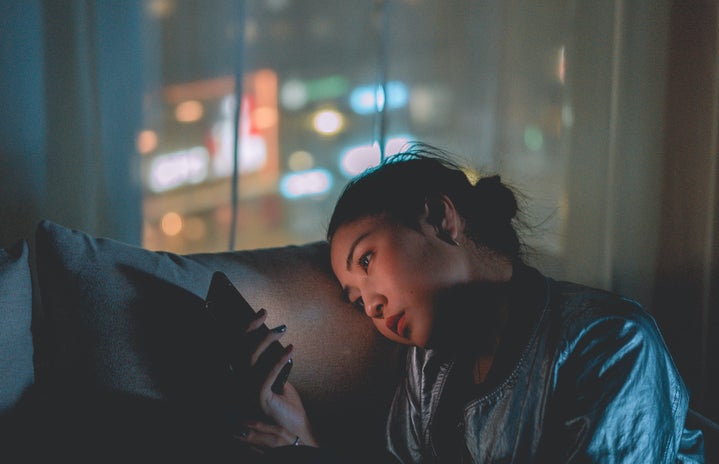Adjusting to and finding a place for yourself in a new school or city is certainly not an easy task. It definitely wasn’t for me, to say the least. Like most people, I came to college with extremely high expectations. I was going to spend every minute with my friends, explore the sights of Seattle, and do exciting things on weekends. On weekdays, I’d study, balance out my classes, and attend club meetings for organizations I genuinely had an interest in. I’d finally have the opportunity to break out of my shell, meet new people, and feel like I belong. Long story short, none of that happened, and my expectations were the far opposite of reality.
I’ve been at the University of Washington for about three quarters now, and although I love the school itself, it has been far from everything I expected. As someone coming from a small, tight-knit high school with a graduating class of 45 individuals, I thought I’d easily have the chance to meet new people, gain connections, and form lifelong friendships at a school that was much, much larger. After a few weeks into my fall quarter with a grand total of zero new friends, I took it upon myself to seek out the wonderful opportunities the University of Washington has to offer their student body – clubs and registered student organizations (RSOs).
Almost everyone seems to agree that clubs are a great way to meet new people who share similar interests, and they’re definitely a good opportunity for those who aren’t involved in Greek life (like me). However, the reality is, that on top of being collaborative, appealing, and demanding, the student-run organizations at the University of Washington are selective. Most of the popular RSOs come with extensive applications, interviews, and resume submissions. The whole notion of applying to college clubs was new to me, and the idea of getting rejected was far more foreign. There’s definitely a club for pretty much every hobby and interest here, but the ones I was interested in were on the selective side, thus beginning my multiple rounds of applications and resume adjustments simply to meet more people.
At the end of a strenuous few weeks, I was zero for four club applications. It was discouraging, and disheartening, to say the least. The college admission process was stressful enough, and I was so sure I’d never have to experience the kind of pain rejection brought on again, or at least not so soon. Talking to my peers, I discovered that many of my fellow applicants related to my feelings. The unreasonable standards of club applications for freshmen with minimal experience really highlighted the underlying problems of selective clubs. In fact, they appeared to discourage interest – particularly from those who were previously rejected – contrary to what a student organization is supposed to stand for. The exclusivity and application process of clubs definitely makes sense, because there needs to be a way to control the influx of students and ensure high-quality membership to those involved. And even though I knew that I shouldn’t take rejection personally, it took a lot of energy to keep trying instead of giving up altogether.
As cliche as it sounds, I live by the fact that everything happens for a reason. And although a rejection may feel like the end of the world at the moment, I know I’ll have the opportunity to try again if I choose. As much as I hate to admit, the club interviews and application process were good practice for what’s to come in a few years anyway, and I even met a few cool new people through the process. It’s important to remember that there are an abundance of opportunities at the University of Washington, both selective, and not. I’m sure all of us will go on to face many more rejection in our lives, and hopefully through acceptance and determination, we can learn to place less weight on our setbacks and more on the experience itself.


